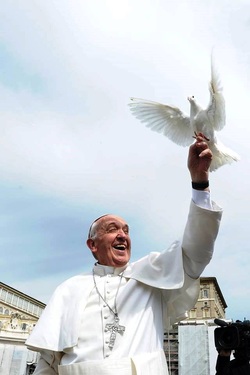
Recently at his morning mass he suggested that everyone, even atheists, were made in the image and likeness of God and were redeemed by the Blood of Christ. Because of this, he suggested, everyone was called to be good. He saw living a good life as a way to peace and a place of encounter. Some atheists might not find talk of redemption very meaningful but these remarks show an inclusiveness and recognition of goodness outside of the Catholic Church and even organised religion. Good news indeed! What a wonderful way to encounter those who do not follow our particular way of life, to recognise the goodness that is around us if we have eyes to see it and to feel that we can engage with all human beings in spreading that goodness wherever we find ourselves.
Not such good news for the Vatican media office, however. One of their spokesmen intervened to clarify the Church's position. Yes indeed salvation is available to all but anyone who " knows the Catholic Church cannot be saved if they refuse to enter or remain in her". What exactly does this mean? The niceties of the theology are not my concern here. What the media office did was turn a generous, inclusive, warm approach to others into the opposite. It seemed to suggest that goodness was not as universal as the Pope suggested. Pope Francis knows the goodness that is to be found in others whether of a religious faith or not because he has worked with them and befriended them. He has made the journey into the world of others. He knows first hand the goodness to be found there. Goodness is all around if we look for it but if we stay within our own microscopic world, do not look beyond our own community, do not reach out to others, do not encounter those who are different from us we will not see that goodness. Someone has written a book entitled Why did Jesus, Moses, the Buddha and Mohammed Cross the Road?' I would suggest that the Vatican spokesman might cross the road and I can be sure he will be challenged by what he encounters when he does so!

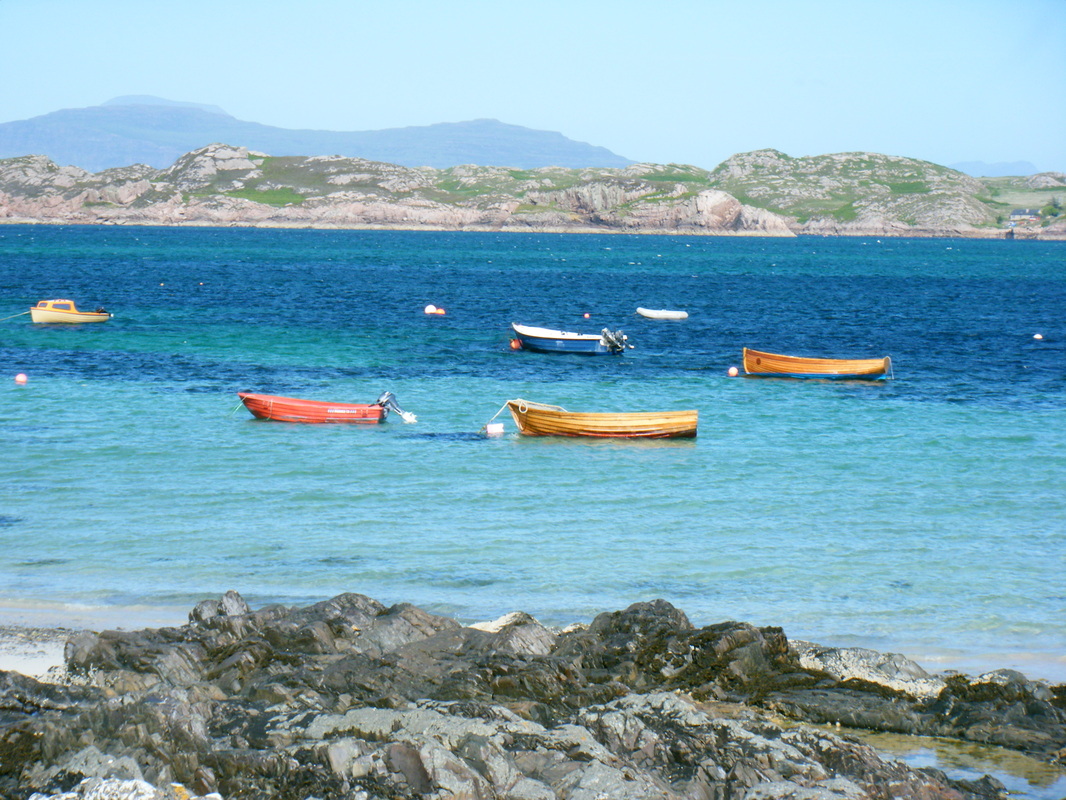
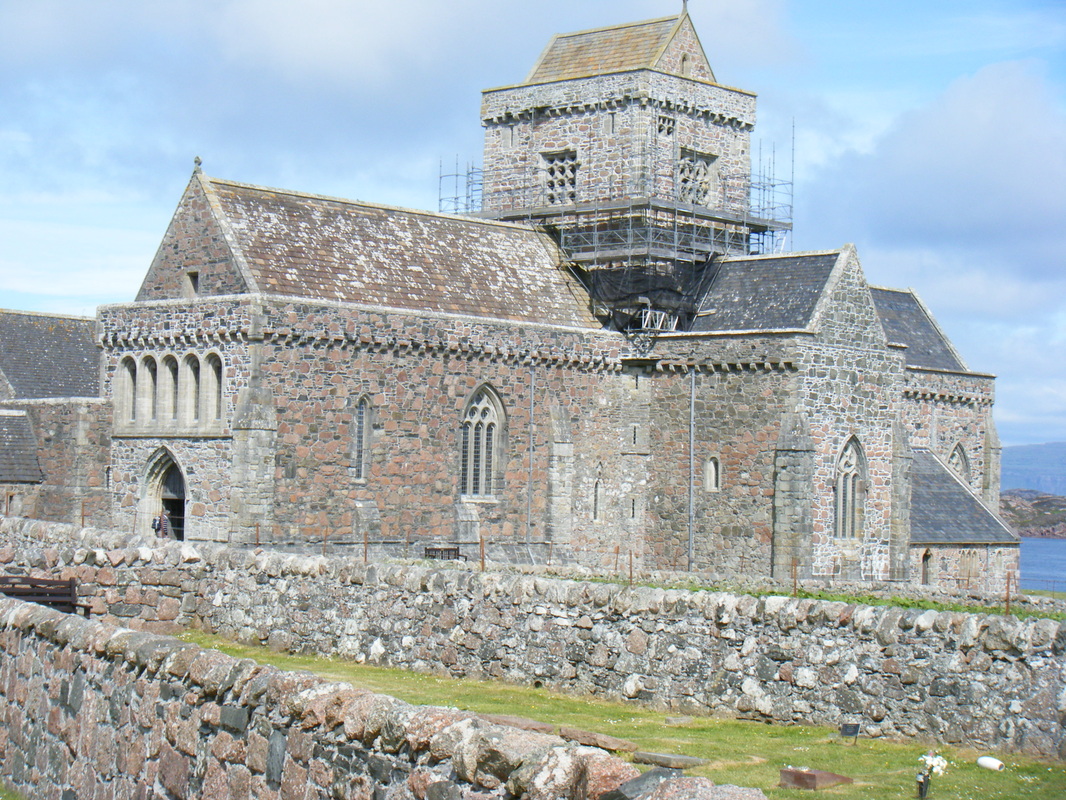
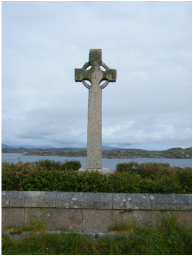
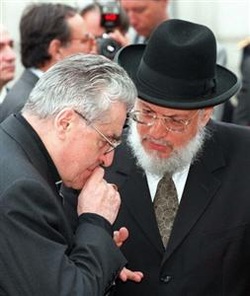
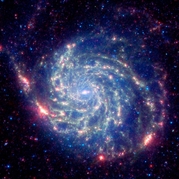

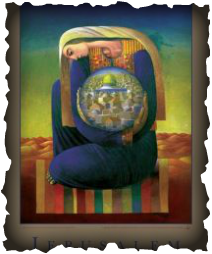
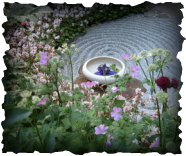
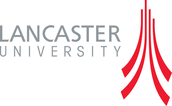

 RSS Feed
RSS Feed
